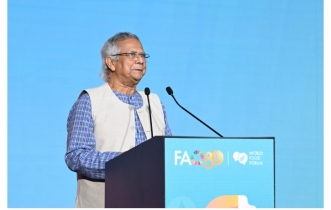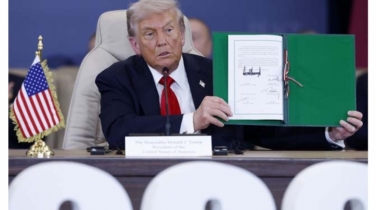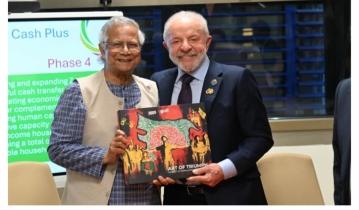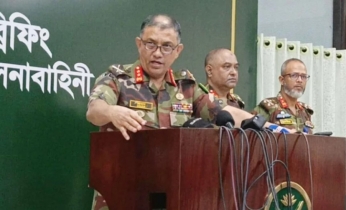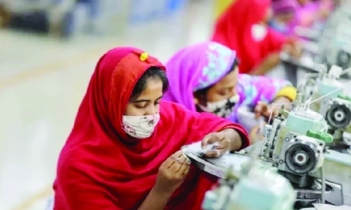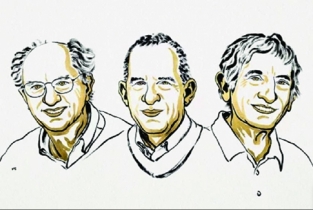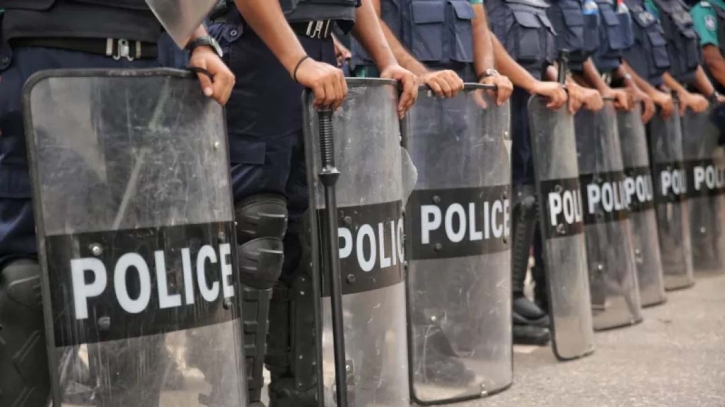
Staff Correspondent, Dhaka
The Police Reform Commission (PRC) has made a series of recommendations aimed at making the police force corruption-free and service-oriented. These include forming an all-party committee, establishing a task force, creating policies for recruitment, transfer, and promotion, and ensuring strict actions against delays in filing General Diaries (GDs) or any proven corruption.
"An 'all-party committee' can be established at each police station or upazila to act as a local-level oversight body and take effective measures to prevent corruption," said the PRC report, submitted to Chief Adviser Prof Muhammad Yunus on January 15.
Additionally, the report suggests forming a special task force responsible for developing long-term recommendations by leveraging the experience of the all-party committees.
A "watchdog or oversight committee" can also be created as a short-term measure to curb deliberate misconduct or professional corruption within the police force.
To ensure transparency in recruitment, the PRC emphasizes the necessity of involving officers and employees who exhibit high standards of honesty and ethics.
The report also underscores the importance of honesty and integrity in matters of posting, transfer, and promotion.
"Clear policies should be formulated for these processes and communicated to all concerned," it recommended.
The PRC further suggested that allegations or complaints of extortion against any officer—such as through intimidation—should be promptly investigated by the Superintendent of Police.
The current reward structure of the police force also needs reevaluation, as it lacks specific criteria and is susceptible to undue influence.
Under the existing system, various rewards (medals, allowances, BPM, PPM, etc) are given to encourage and motivate officers.
The report stated: "There are allegations of misuse of this opportunity, and it is necessary to properly review the related rules and regulations."
The PRC also emphasized the need for adequate allocations in every police station for essential activities, such as transporting bodies, bringing and accompanying witnesses, and managing the funerals of unclaimed bodies.
Appropriate punishment should be ensured for delays or objections in receiving GDs or evidence of corruption.
Special allocations and allowances should also be made at every police station to support all activities related to GDs and verifications, including increasing investigation costs.
The PRC also recommended that police stations should not facilitate any mediation, arbitration, alternate dispute resolution (ADR) meetings, or similar arrangements with plaintiffs or defendants.

